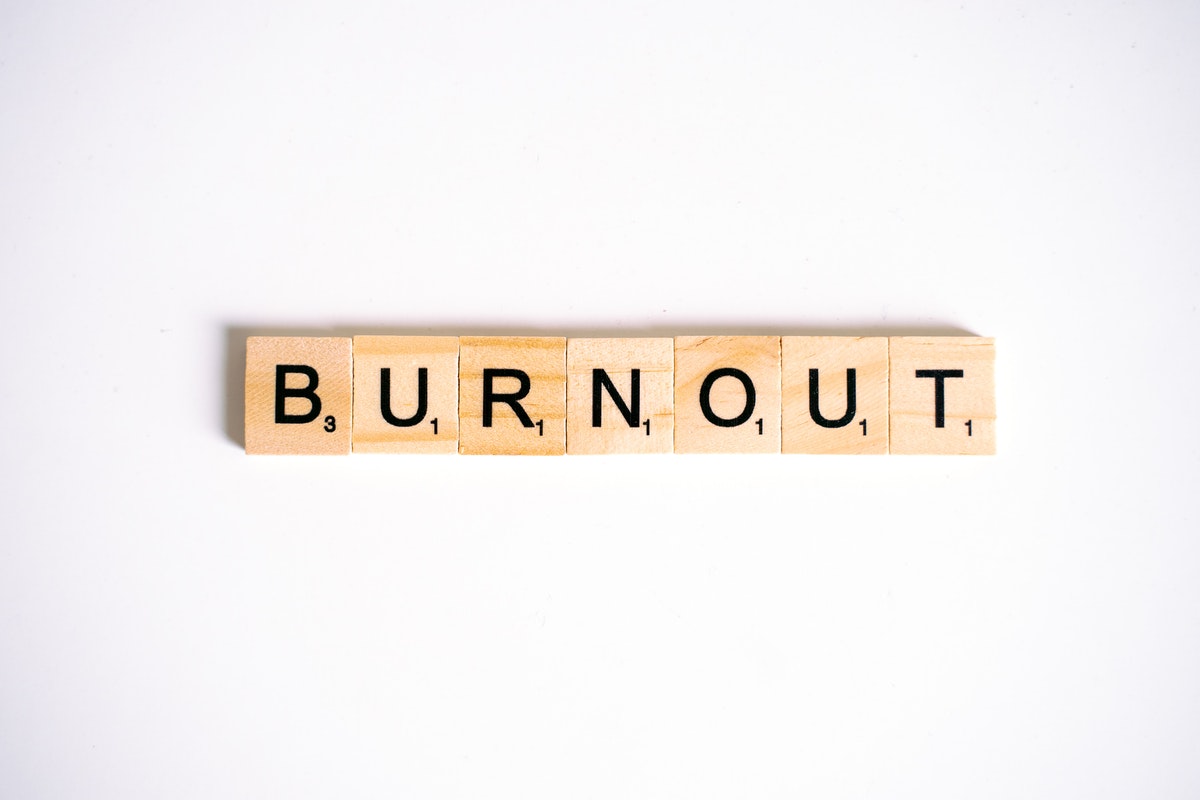In a recent study by burnout researchers and the Harvard Business Review, the team surveyed 1,500 people across 46 countries in a wide variety of industries and roles. The results were astounding:
- 89% of respondents said their work life was getting worse
- 85% said their well-being had declined
- 62% of people who were struggling to manage workloads experienced burnout “often” or “extremely often” in the previous three months
Bottom line? Burnout was bad before the pandemic. It’s even worse now.
I wasn’t surprised to see these numbers. I’ve been working with physicians, nurses, social workers and other medical workers who are on the front lines of everything that’s happening in our world right now. They are treating those afflicted with COVID-19. They are caring for people injured in protests and mass shootings. They are being shot at themselves in clinics and parking ramps.
With everything we’re going through, it’s easy to begin telling stories to ourselves and other people that rob us of our power, humanity, and connection to others.
We don’t have to tell those stories. In fact, these times are calling us to decide what stories we will choose to tell and to live.
We can tell a story that swamps us with fear, anger, and anxiety. Or we can decide to tell empowering stories, those that help us return to our feet so we can do what must be done.
These stories we tell ourselves can be so embedded in the way we usually do things that it can be hard to uncover them, but it begins with three very simple steps that can help you make a comeback from dis-empowering stories.
- Observe
- Question
- Express
Artists have long been the emotional stewards of our societies because they do these three things. They closely observe the world and people around them or their own inner worlds. They get curious about them. They ask questions about what they observed to try to understand: Why? What? Where? When? How? And then they express what they saw and learned.
If you are one of the legions of people who are feeling stress and burnout right now, I invite you to try this simple game:
- Get back in your body. Breathe consciously for one to three minutes. Try breathing in for 5 seconds and out for 5 seconds, pushing the air out of your lungs with your stomach muscles in a slow flow. This tells your nervous system to send a message to your body and brain that you’re safe, all is well, and it’s okay to relax.
- Notice what you notice. As you breathe, open your eyes and look around you. What do you see? What textures or colors do you notice? What do you hear? What aromas do you smell?
- Write down what you notice. Write a paragraph and describe what you noticed using sensory details. Don’t forget to include how the object you’re observing made you feel.
If you are one of the many people who are struggling right now, you can re-frame the challenging situation you’re in. You can find the opportunity to grow from it. You can direct your energy in more life-enhancing ways. So why not try it?


